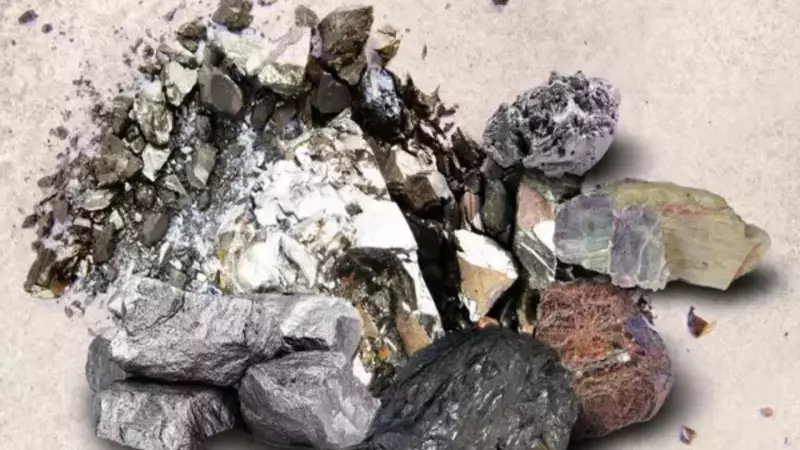
India's ambitious drive to establish itself as a global player in the rare earth sector has hit a formidable roadblock. China, the world's dominant force in this critical industry, has tightened its grip by restricting the export of essential equipment, putting India's massive ₹7,300 crore magnet manufacturing plan in serious jeopardy.
The Strategic Stumbling Block
At the heart of this crisis lies China's control over sintering furnaces—high-tech equipment indispensable for producing powerful permanent magnets. These magnets are the lifeblood of modern technology, powering everything from electric vehicles and wind turbines to defence systems and consumer electronics. Without access to this specialized machinery, India's plans to create a self-reliant supply chain for rare earth minerals face a potentially crippling delay.
Why This Matters for India's Future
The implications extend far beyond immediate industrial setbacks. This development threatens to:
- Undermine India's clean energy transition by creating dependency for critical EV and renewable components
- Compromise national security by limiting domestic production of defence-grade magnets
- Hinder the 'Make in India' initiative in high-technology manufacturing sectors
- Perpetuate China's near-monopoly over the global rare earth supply chain
A ₹7,300 Crore Vision Now Under Threat
The Indian government's comprehensive strategy involved establishing large-scale magnet manufacturing units through public-sector undertakings. The goal was clear: reduce import dependence and create a domestic ecosystem for processing rare earth minerals into high-value products. However, with China's latest export controls, the very foundation of this ₹7,300 crore investment is now shaking.
The Global Rare Earth Chessboard
China currently commands over 90% of the global permanent magnet market, giving it enormous geopolitical leverage. Other nations, including the United States and Japan, have also been striving to diversify their supply chains away from Chinese dominance. India's current predicament highlights the immense challenges in breaking this stranglehold and the strategic nature of the rare earth industry in the 21st century.
As the standoff continues, Indian policymakers and industry leaders are urgently exploring alternative sources for the critical equipment and reassessing their strategy to ensure the nation's technological and energy security doesn't remain hostage to geopolitical tensions.





